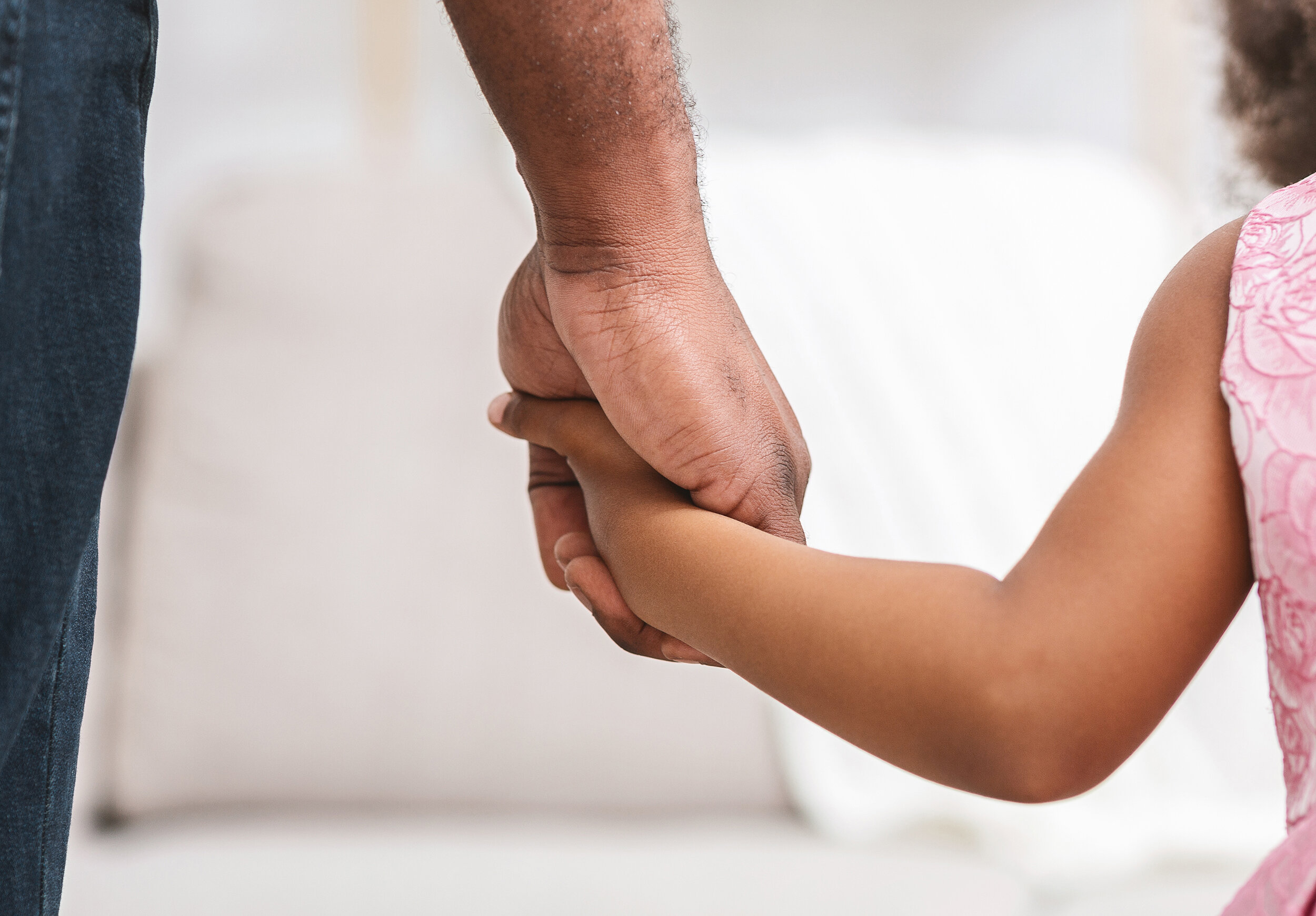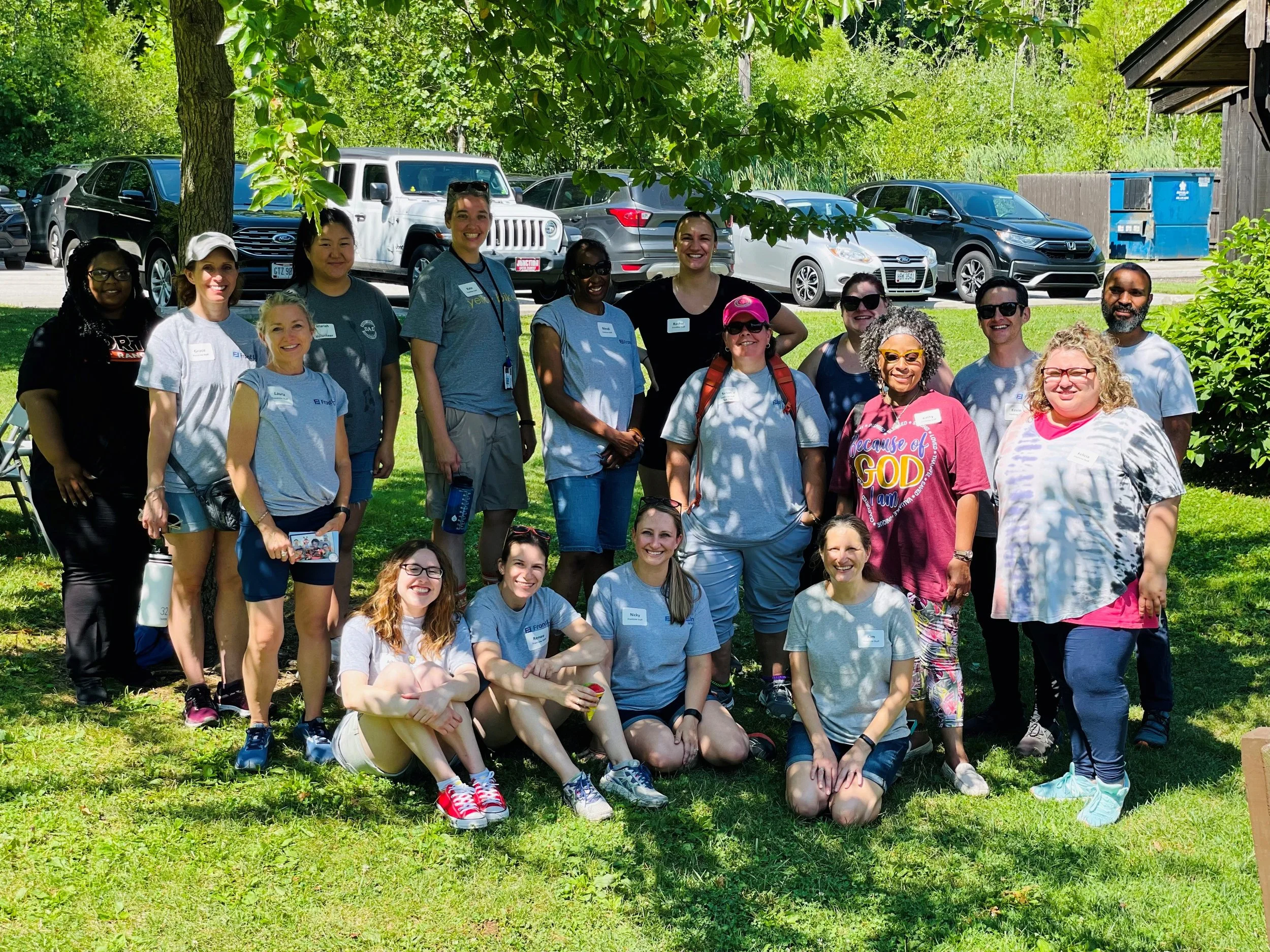
If your child or a child you know has been exposed to community violence, physical or sexual abuse, domestic violence, homicide, or suicide:
Call 216-623-6888 at any time.
Our trauma programs are free, confidential, and voluntary.
FrontLine Service’s programs are NOT a part of the Cuyahoga County Division of Child and Family Services.
We provide services at your home or location of your choice including:
Emotional support
Accessing victims crimes compensation
Safety planning and relocation
Custody resources and information
Any other support you may need
What We Do
We reach out to children and families who have experienced or witnessed abuse, suicide, homicide, or the sudden loss of a loved one. We provide practical and therapeutic support to reduce the harmful effects of trauma 24 hours a day, 7 days a week.
FrontLine provides practical and therapeutic interventions to:
Children who are exposed to violence in their homes and community.
Children who have lost a parent or caregiver to an opioid overdose
Children and families who have lost a loved one due to homicide, suicide, or sudden traumatic loss.
In addition to these services, FrontLine provides central intake, assessment, and treatment for children exposed to violence in Cuyahoga County.
Defending Childhood Initiative (DCI)
RESOURCES FOR PARENTS AND CAREGIVERS
WAYS YOU CAN TELL YOUR CHILD MAY NEED HELP*
Separation anxiety, truancy
Excessive fears (specific or general in nature), excessive worrying
Adopting a parental or “older than their age” role in the family
Concentration and attention problems, poor grades
Bedwetting, thumb sucking, or acting younger than their age
Loss of appetite, eating problems
Denial of any problems, daydreaming
Sleeplessness, fear of going to sleep, nightmares
Frequent crying, sadness
Headaches, stomachaches
Withdrawal from other people and activities, depression, decreased energy
Constant irritability
Fighting/aggression toward siblings, other children, and adults
Temper tantrums, swearing, whining
*Adapted from Jones, A. Schechter, S., 1992 When Love Goes Wrong: What To Do When You Can’t Do Anything Right, New York: HarperCollins
THINGS PARENTS AND OTHER CARING ADULTS CAN DO*:
Explain the episode of violence or disaster as well as you are able.
Encourage the children to express their feelings and listen without passing judgment.
Help younger children learn to use words that express their feelings. However, do not force discussion of the traumatic event.
Let children and adolescents know that it is normal to feel upset after something bad happening.
Allow time for the youngsters to experience and talk about their feelings. At home, however, a gradual return to routine can be reassuring to the child.
If your children are fearful, reassure them that you love them and will take care of them. Stay together as a family as much as possible.
If behavior at bedtime is a problem, give the child extra time and reassurance. Let him or her sleep with a light on or in your room for a limited time if necessary.
Reassure children and adolescents that the traumatic event was not their fault.
Do not criticize regressive behavior or shame the child with words like “babyish”.
Allow children to cry or be sad. Don’t expect them to be brave or tough.
Encourage children and adolescents to feel in control. Let them make some decisions about meals, what to wear, etc.
Take care of yourself so you can take care of the children.
*Taken from “Helping Children and Adolescents Cope with Violence and Disasters” published by the National Institute of Mental Health
Learn more about a child’s response to a traumatic event by developmental stage. READ MORE HERE.
What should I do if my child is experiencing upsetting memories of the event even when he/she/they is trying not to think about it?
READ ABOUT COPING WITH INTRUSIVE THOUGHTS.
My child is having trouble going to or staying asleep. READ OUR TIPS FOR SLEEPING
How do I answer my child’s questions about death? READ MORE HERE.









